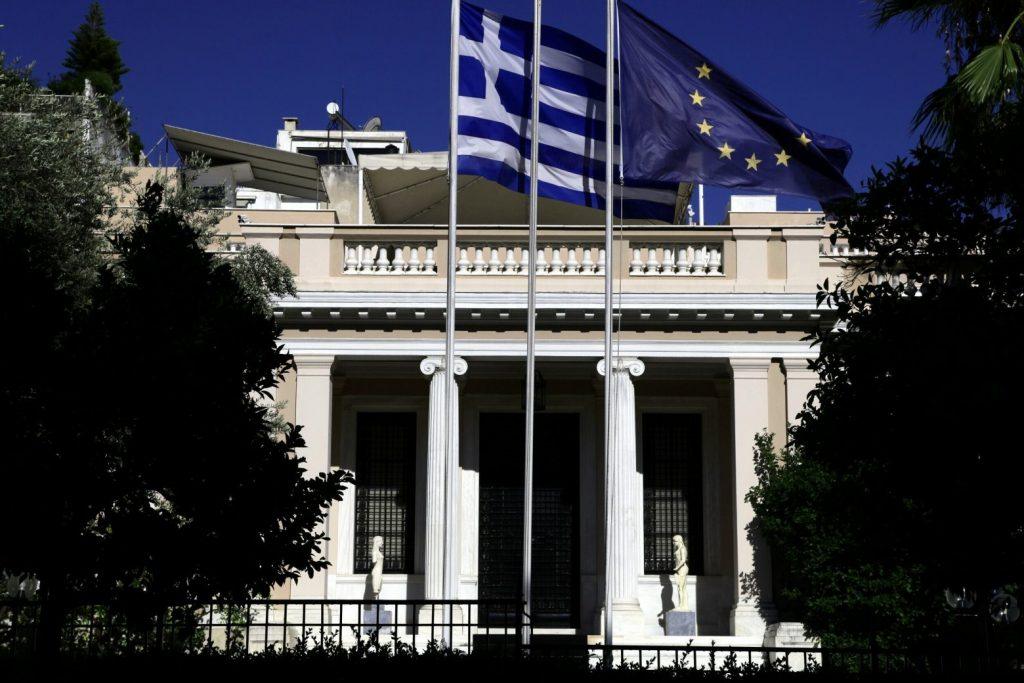For 3 days, UBS executives were in Athens, holding meetings with bank executives, but also with listed companies.
“The positive vibe in Athens was hard not to see with the unusually high traffic at the airport (for this time of year), as overseas visitors headed for island cruises filled downtown hotels, supporting this favorable climate,” noted the Swiss bank.
UBS and its banking analysts traveled to Greece and Athens in particular and spent three days meeting Alpha Bank, Eurobank, National Bank, Piraeus Bank, Jumbo, and others.

The dominant bank themes are double-digit growth in corporate loans, low deposit betas and dividends from 2023 earnings, evidence that the sentiment is clearly positive for banks. Management teams reiterated their expectations for double-digit growth in business loans. The shift from demand deposits to term deposits is slow, so all banks’ net interest income (NII) forecasts also look conservative or even very conservative, in some cases, taking into account the low cost of deposits.
CoR cost of risk guidance from each of the banks assumes an increase annually (as mortgages are expected to drive gross inflows), so far there is no evidence of deterioration in asset quality. Liquidations, collections and auctions will take center stage this year, but select securitization transactions are still in scope.
Landmark
The next milestone for Greek banks, as UBS emphasizes, will be the reinstatement of dividends for which the banks are in dialogue with the SSM. The qualitative assessment appears to be the main uncertainty as the objective (quantitative) conditions have already been met or will be met, as the Swiss bank foresees.
“In Greek banks, we like the strong and still undervalued interest rate leverage, the best macroeconomic growth scenario in Europe and the increasingly likely return of dividends,” explains UBS. The target prices for Greek banks are not mentioned in this report. In contrast, Greek banks are systemic and exposed to a wide range of risks, such as macroeconomic and political, in particular their respective impact on interest rates, inflation, GDP growth and the fiscal deficit. Political risks include, but are not limited to, the fiscal policy of a potential new government, the future course of monetary policy and the actions of the Central Bank. The Greek state, through the Financial Stability Fund (FSF), holds non-significant holdings in all four systemic banks in Greece.
Greek banks are also subject to regulatory, legislative and litigation risks, especially regarding possible changes in accounting practices, the effects of potential conflicts of interest, or damaged corporate clients.








































